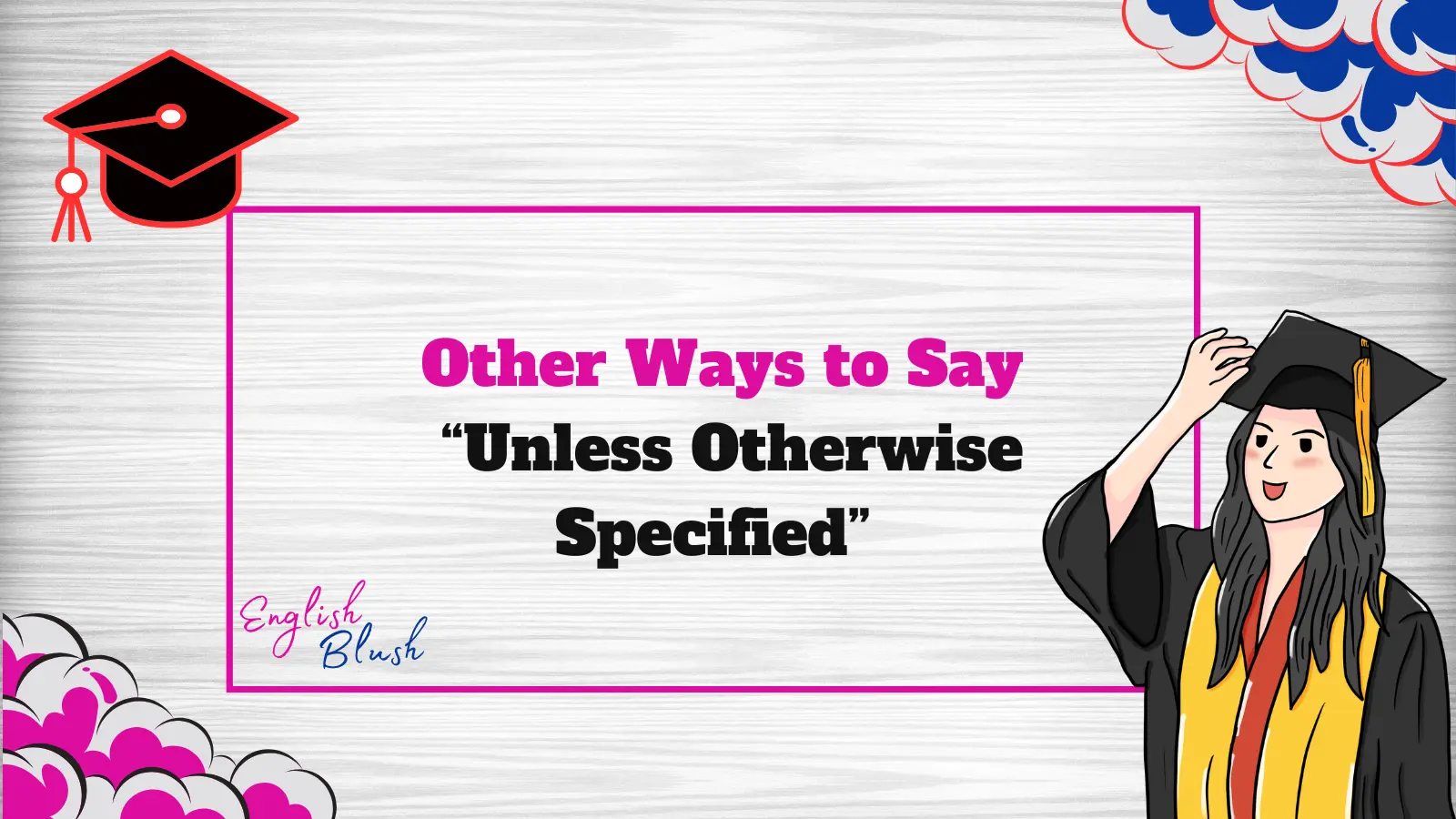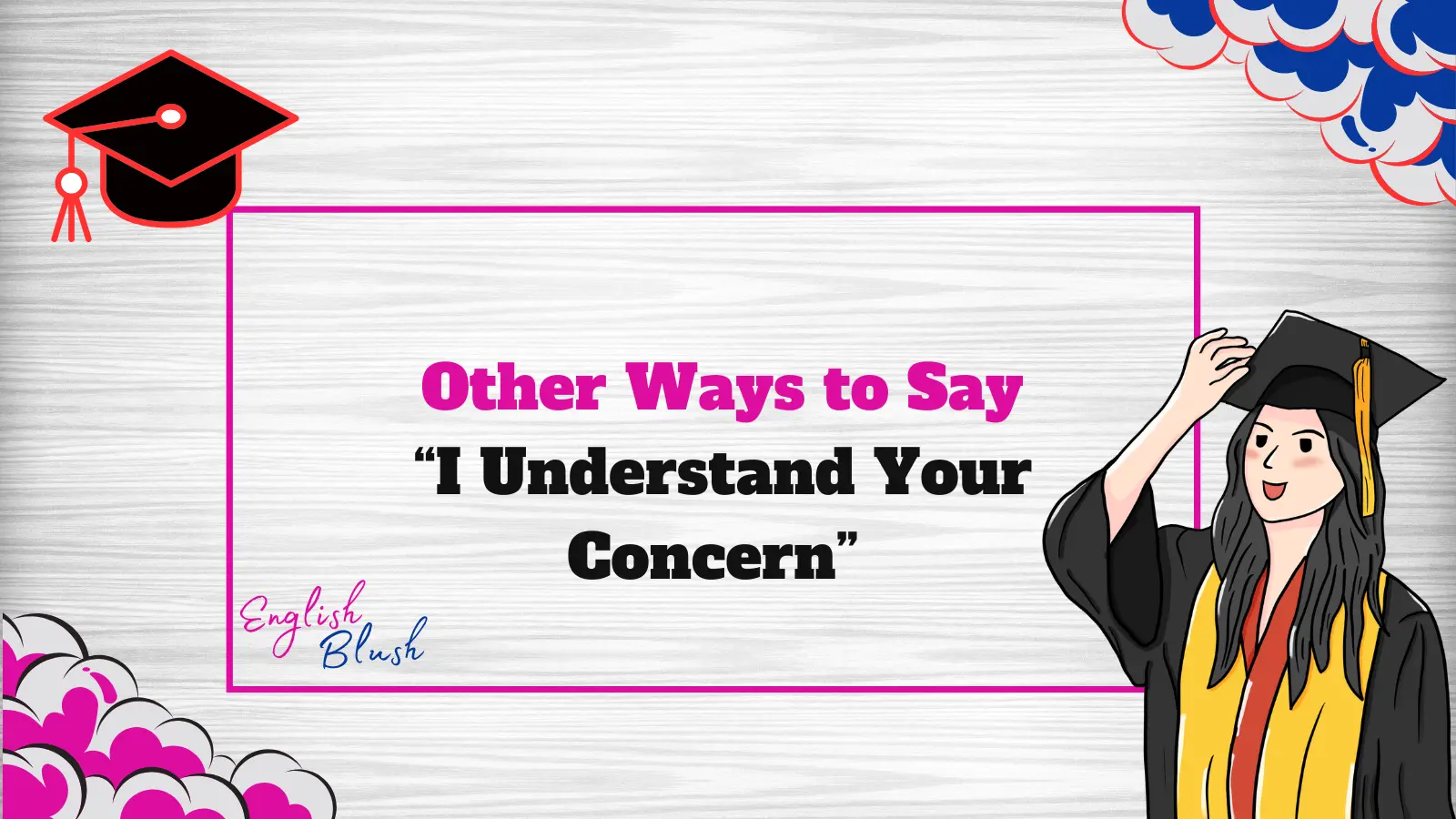Can you start a sentence with “for”? Yes, you can! While some people believe starting sentences with “for” is wrong, it’s perfectly acceptable in both formal and informal writing. But like all tools in language, using “for” has its rules. Let’s explore how it works, where it fits best, and some handy alternatives.
Can You Start a Sentence with “For”?
The answer is simple: yes, starting a sentence with “for” is grammatically correct. However, it works best when you use it thoughtfully. “For” can act as a coordinating conjunction or a preposition. It is commonly used to explain reasons, add more information, or clarify details.
Example:
- “For she loved poetry, she often visited the library.”
In this sentence, “for” means because and explains the reason.
Why People Hesitate to Start Sentences with “For”
Some traditional grammar rules make people think starting with “for” is wrong. This myth likely comes from old-school teaching that discouraged beginning sentences with conjunctions like and, but, or for. However, modern English allows this, as long as the sentence is clear and correctly structured.
Using “For” as a Conjunction
What Does “For” Mean?
When “for” acts as a coordinating conjunction, it means because or since. It connects two ideas by showing a cause-and-effect relationship.
Example:
- “For the weather was cold, we decided to stay inside.”
Here, “for” links the reason (cold weather) to the decision (staying inside).
When to Use “For” in Sentences
Use “for” when you want to:
- Provide a reason
Example:- “She left early, for she wasn’t feeling well.”
- Explain a decision
Example:- “We bought extra tickets, for our friends might join us.”
Rules for Using “For” as a Conjunction
- Follow It with a Complete Idea
When “for” starts a sentence, the following phrase must be a complete thought (a subject and a verb).Example:- “For he was late, the meeting started without him.”
- Avoid Overuse
Using “for” too often can make your writing sound repetitive. Mix it with other words like because or since.
Using “For” as a Prepositio
“For” can also start a sentence when used as a preposition. In this case, it introduces the object of a sentence.
Examples:
- “For the love of learning, she pursued a new degree.”
- “For a better tomorrow, we must act today.”
Here, “for” doesn’t mean because. Instead, it shows purpose, intention, or benefit.
Formal vs. Informal Use
Formal Contexts
In formal writing, “for” is more common as a conjunction to explain reasons. It can add a sense of sophistication to your sentences when used properly.
Example:
- “For the proposal to succeed, clear communication is essential.”
This structure works well in essays, speeches, and reports.
Informal Contexts
In casual conversations or emails, you’ll likely use “for” as a preposition. Starting with “for” can emphasize a point or purpose.
Example:
- “For real, you should try that restaurant!”
- “For once, let’s agree on something.”
Alternatives to Starting a Sentence with “For”
While “for” is useful, sometimes you might want to mix things up. Here are some alternatives, depending on your purpose:
- For explaining reasons:
- “Because”
- “Since”
- “As”
- Original: “For it was raining, we canceled the picnic.”
- Alternative: “Because it was raining, we canceled the picnic.”
- For showing purpose or benefit:
- “To”
- “In order to”
- “With the aim of”
- Original: “For a better life, she worked hard every day.”
- Alternative: “To build a better life, she worked hard every day.”
- For dramatic emphasis:
- “Indeed”
- “Truly”
- Original: “For she was fearless, she faced the challenge.”
- Alternative: “Indeed, she was fearless and faced the challenge.”
Examples in Actio
Let’s see how “for” fits in sentences:
- Formal Context:
- “For the deadline was near, the team worked late hours.”
- Informal Context:
- “For sure, that concert was the best I’ve seen!”
- Prepositional Use:
- “For the sake of simplicity, we used an online tool.”
- To Start a Paragraph:
- “For years, scientists have debated this topic. New findings now offer a solution.”
Common Mistakes When Using “For”
- Incomplete Thought
Don’t follow “for” with just a phrase or fragment.Incorrect:- “For the better.”
- “For the better outcome, we need a solid plan.”
- Confusing Formality
In casual texts, “for” as a conjunction might feel old-fashioned. Instead, use simpler alternatives like “because.”
Key Takeaways
- Starting sentences with “for” is correct and often adds depth or emphasis.
- Use it thoughtfully to explain reasons or show purpose.
- Know the difference between its role as a conjunction (cause-and-effect) and a preposition (purpose or benefit).
- In formal writing, it works best when clarity and flow are prioritized. In informal writing, reserve it for emphasis or stylistic flair.
By mastering these rules and alternatives, you’ll feel confident using “for” at the start of your sentences, no matter the context!





